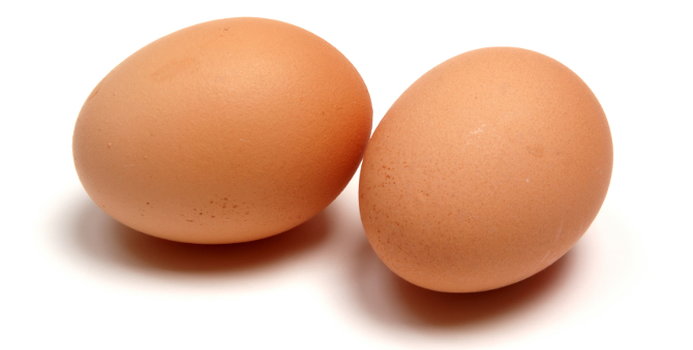Organic eggs have been produced under the strict rules required for them to be classified as organic food. These protocols require that the hens are given organic feed, allowed outdoor space to roam and limited in the use of antibiotics. The positive outcome of these strict rules is that you are left with an egg that is in theory hormone- and antibiotic-free. Some people report that organic eggs have a better flavor than regular eggs, but the primary benefit of organic eggs is the health of the animal and of the planet. Organic eggs have a similar nutritional value to regular eggs. Eggs have been a popular food source due to being low in calories and fats with some essential nutrients.
Other Label Claims to Be Aware of Include:
Natural: This term simply means that nothing is added to the egg but all eggs are natural.
Cage-Free/Free-roaming hens: these terms indicate that hens are allowed to roam in a room or open space, typically a barn or poultry house.
Free-range/pasture-fed: indicate that the eggs are produced by hens who had outdoor access. Some people think these eggs taste better because in addition to the chicken feed, these hens can also eat plants and insects.
Nutritional Value of Organic Eggs
1 whole poached organic egg
Calories: 71
Fats: 5g / 8% DV
Carbohydrates: 0g
Protein: 6g
Fiber: 0g
Selenium: 15.8mcg / 23% DV
Riboflavin: 0.2mg / 12% DV
Vitamin B12: 0.6mcg / 11% DV
Phosphorus: 95.0mg / 10% DV
Omega-3 Fatty Acid: 37 mg
Health Benefits of Organic Eggs
- Organic is better for the planet! Hens who live up to the organic label are fed an organic diet without conventional fertilizers or pesticides and limited antibiotics. This means that there are less pesticides, fertilizers or antibiotics being leached into the environment and into your body.
- Riboflavin is a B vitamin that also helps your cells to produce energy. Additionally, it uses the amino acid tryptophan to make niacin in the body. Tryptophan and its metabolites regulate things like appetite, sleeping-waking-rhythm and pain perception. Niacin is important for helping your body utilize food to produce energy.
- One egg is a good source of phosphorus. Phosphorus is part of your bones, teeth and DNA/RNA. It is also one of the main regulators of energy metabolism in organs, and helps generate energy in every cell.
- Eggs are a high source of selenium. Selenium is a trace mineral that works with vitamin E for antioxidant protection. Eating enough selenium can help reduce your risk of cancer, heart disease and other diseases.

Emily DeLacey MS, RD is a Registered Dietitian and currently working in Jamaica as a HIV/ AIDS Prevention Specialist. She attended Central Washington University for her Bachelor's Degree in Science and Dietetics and continued on after her internship to Kent State University for her Master's Degree in Science and Nutrition, with a focus on public health and advocacy. She served as a U.S. Peace Corps Volunteer in Malawi 2012-2014 working as a Community Health Advisor in a rural village, immersing in the joys of life without electricity or running water. She has been to 20+ countries and 47 of the 50 states in the US. Traveling, adventuring and experiencing new cultures has made her a passionate advocate for the equality of nutrition and wellness for all people.



